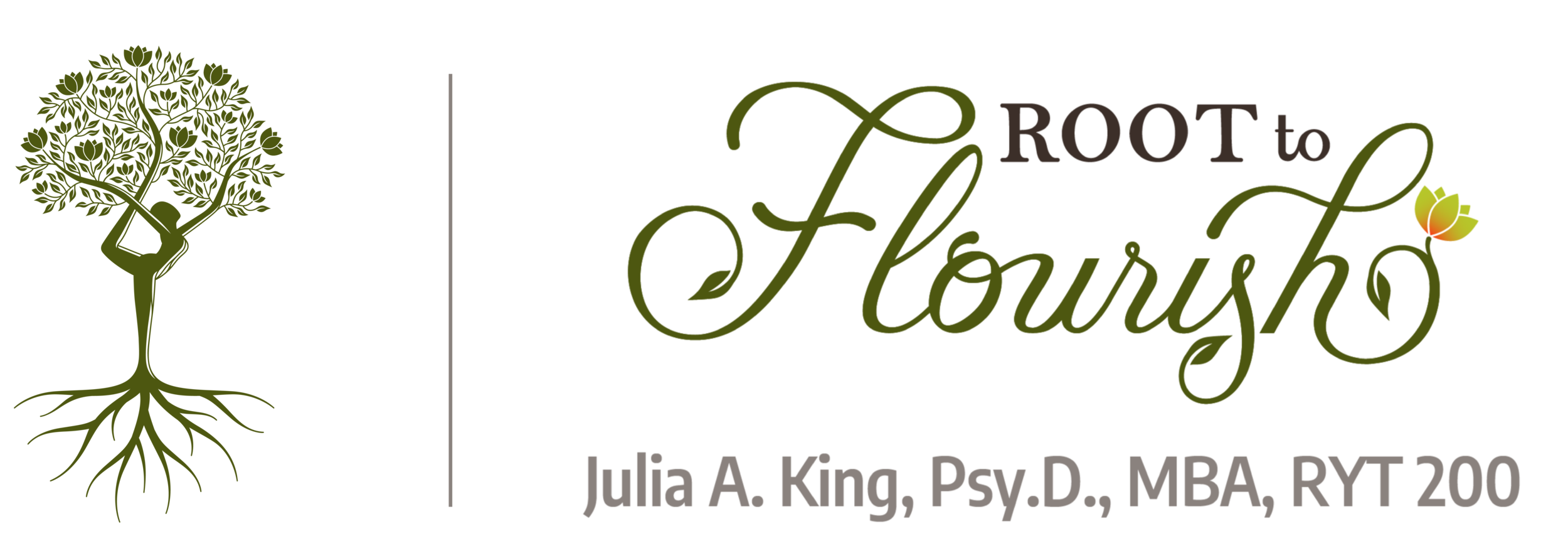You gotta believe ...
How often do you try to tell yourself something that you don’t actually believe?
“It’s going to be fine.”
“It’s nothing serious.”
“They’re not texting me back because [insert one of ten completely reasonable explanations].”
Although you may intellectually know what you’re trying to tell yourself is true, if you don’t emotionally believe it, it doesn’t work.
As we discussed, I believe Wilson Pickett when he sings that we’re born to be wild. So … how do you sell it to yourself the way Wilson sells it?
You must use appropriate language. Language matters.
If the language you’re using isn’t working, it needs to be shifted to something you actually believe.
For example, instead of “It’s going to be fine,” how about “I can figure it out”?
Instead of “It’s nothing serious,” you say, “I don’t know what this is, but I’ll deal with it when I have an answer” or “I’ll worry if the doctor says there’s something to worry about.”
Further, rather than “They’re not texting me back because …,” you say, “Either they’ll text me back or they won’t.”
Embrace an attitude of ‘whatever happens, happens.’ Let go of your attachment to the outcome, and embrace uncertainty.
In the scenarios I use as examples above, there is a prediction process going on. There is an attempt to reassure and to make the uncertain future known … which is impossible.
When we embrace the fact that we don’t know, we’re freed from this process, and paradoxically, we feel better.
We don’t know that it’s going to be fine, or that the doctor is going to say it’s nothing serious, or why our friend isn’t texting us back. And, we don’t have to know the answers to those questions until we actually know them in order to feel better. We simply have to disengage from crystal ball gazing, accept that we won’t know until we know, and trust that we can handle what happens when it does.
Make the shifted thought your mantra.
Make sure your new thought, the one you actually believe, is a short, declarative statement.
For example: “I can handle it.” “Whatever happens, happens.” “If something actually happens, I’ll figure it out.”
And make sure you actually believe it: ask yourself, on a scale of 0-100%, how much do I believe this thought is true? If it’s not 90% or higher, keep tweaking the language - because language matters - to find a phrase or mantra you actually believe.
Then, interrupt your process of trying to reassure yourself with the language we started with, and use your mantra instead, and ask yourself how much you believe it.
This process helps to shift from simply an intellectual understanding to an emotional belief … which shifts your feelings.
Be mindful of when you say, “I just try to tell myself …” Whatever you say next, you do not believe. So, shift your language. Access an emotional belief, not just intellectual knowledge.
And remember Yoda: “Do or do not. There is no try.”
If this message resonates, and you want more - and are devastated by the idea of missing a newsletter! - subscribe!

